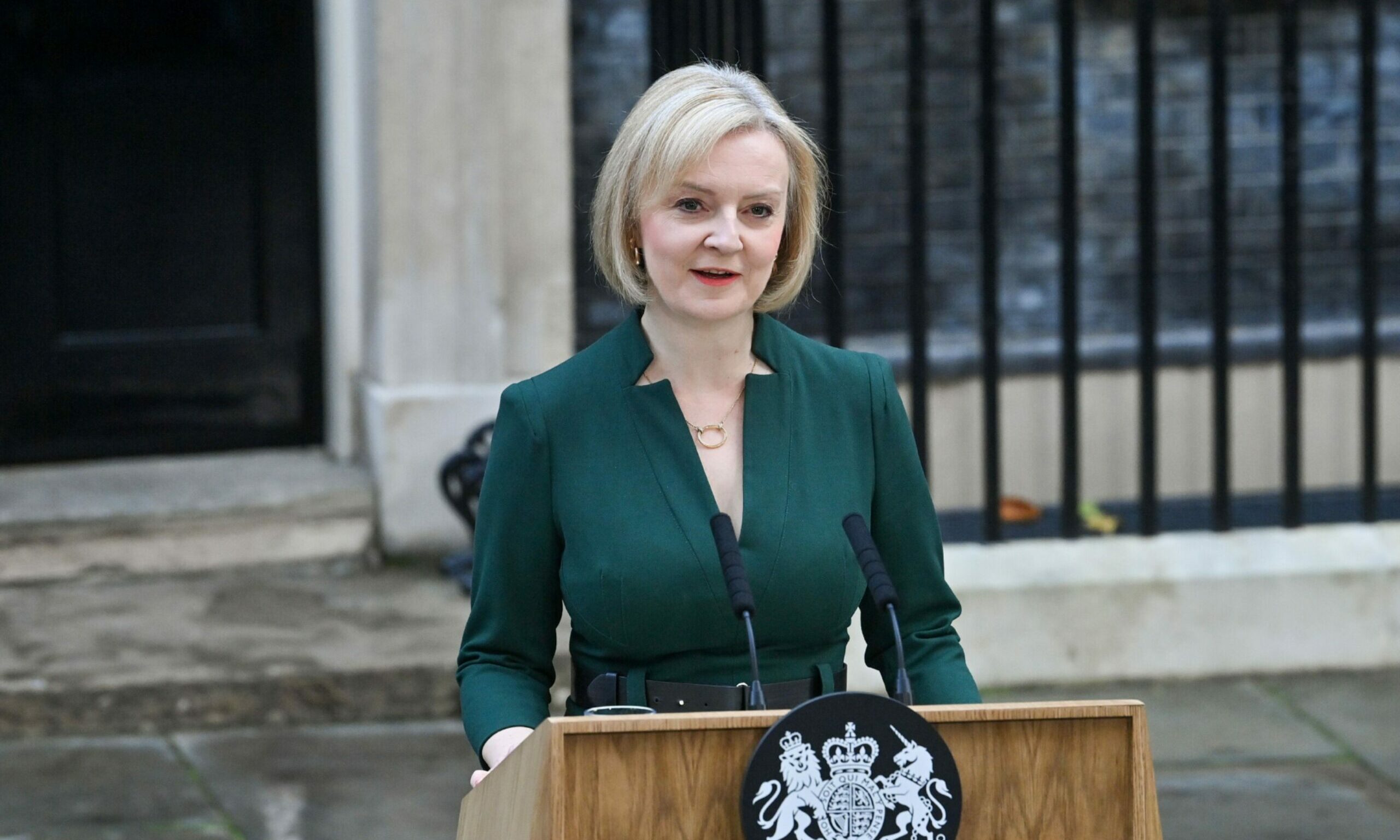One of my favourite films is Primary Colors, based on the novel by Joe Klein.
It is largely a parody of the 1992 presidential campaign of Bill Clinton.
However, it contains a line that I’ve always thought has some relevance to Scotland.
The late Larry Hagman plays a character called Fred Picker, who is also seeking the Democratic Party nomination to be the candidate for president.
Picker has been drafted in to replace a close friend – who had to retire from the race after having a heart attack – and is unused to the frenzy of modern politics.
Gazing out at his first campaign rally with horror, he quells all the noise and shouty sloganising, telling the crowd: “I think we need to calm down some. You know, this is a terrific country but sometimes we go a little crazy.”
All sides in Scotland could do with taking Picker’s advice on board, as could the media.
‘We have lost sight of normality’
The truth is we have had such an extraordinary series of events in Scotland over a long period, overlaid by the unreal nature of British politics since the Brexit referendum in 2016, that we have lost sight of what normal is.
It has been a high-octane ride, which arguably could be dated from the SNP transforming the terms of Scottish politics when it won office at Holyrood in 2007.
Since then we have had the long decline of Scottish Labour (only now beginning to reverse), the SNP’s overall majority in 2011, the independence referendum in 2014, and the intensification of Scotland’s constitutional debate on the back of Brexit.
There has been the arrest of Alex Salmond, his court case and acquittal, the parliamentary inquiry into the Scottish Government’s handling of harassment complaints, and his subsequent creation of the Alba Party.
We currently have the police inquiry into the SNP’s financial affairs, which has generated extraordinary developments and headlines.
Things have been somewhat quieter on that front recently, though no doubt it has a long way to run.
At UK level, there have been the failures and catastrophes of successive now ex-Tory prime ministers: David Cameron, Theresa May, Boris Johnson and Liz Truss.
While much of this has been bound up with Brexit, it is by no means confined to it.
Above all, in public policy terms, there was the exigencies of the pandemic, which for a lengthy time altered the relationship between government and the people.
It’s exhausting just thinking about it, never mind living through it all.
Risks for opposition
My sense is that some practitioners of politics, and some who report their activities at Holyrood, have developed an addiction to engaging with freakish and bizarre events. They struggle with normality.
What do they want? Another arrest! When do they want it? Now!
But whatever else it is, that’s not normal politics.
In Scotland, I’d argue that this dependency poses particular risks for the opposition parties, primarily Labour.
Needing a continuing stream of damaging stories to topple the SNP from its governing perch casts the opposition in an essentially passive role, commenting on another party’s misfortunes, rather than promoting an alternative policy agenda.
Should politics at Holyrood become even a bit less frenetic in the coming months, and if the Scottish Government manages to turn a corner on some of its problems, Labour and other opposition parties could struggle with articulating a compelling message.
They may be left waiting for a knock-out blow to the SNP that never quite happens.
Real politics is about serving the needs of the people, and who voters think is best placed to do that. Its true measure is effectiveness, not noise.
Softer side of Souness
As St Johnstone fans know more than most, Graeme Souness has a temper on him.
He was known as something of a hard man of football.
There may still be people walking around with a twinge from tackles during his playing days.
Of course, Souness is forever linked to Saints because of his legendary bust-up in 1991 with the club’s Aggie Moffat, in a row over a broken kettle and the mess left in the dressing room of the Rangers visitors.
As Souness accurately observed: “This lady wasn’t scared of me!”
But we have seen the softer side of Souness this week.
The 70-year-old announced that he plans to swim the English Channel in June to raise more than £1 million for the Debra charity. It supports around 5,000 people in the UK who live with a genetic disease called Epidermolysis bullosa, known as “butterfly skin”, which causes skin to tear or blister at the slightest touch.
He was inspired to act after meeting 14-year-old Highlander Isla Grist, who lives with this painful condition, describing her as “the most unique person I’ve ever met”.
Any differences from the past will be forgotten as we all cheer Souness on next month.














Conversation